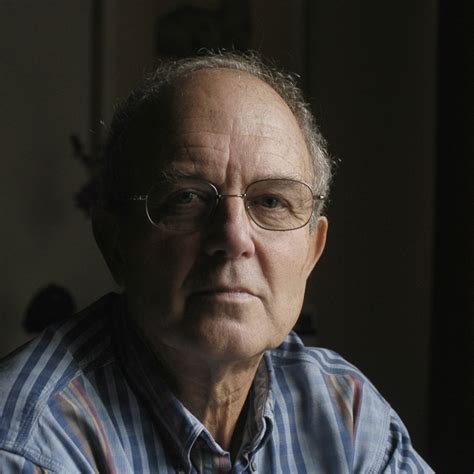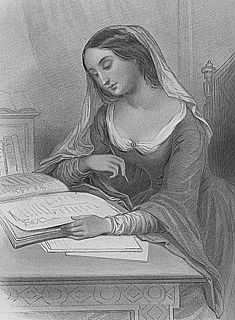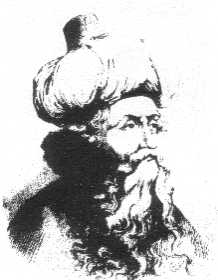A Quote by John Fuller
It is the unspecified 'you' of modern love poems that I am mostly concerned with here. At least, the addressee is commonly a lover, and the very fact that the name is withheld is offered as a guarantee of the closeness and significance of the relationship.
Related Quotes
Am I in love? Absolutely. I'm in love with ancient philosophers, foreign painters, classic authors, and musicians who have died long ago. I'm a passionate lover. I fawn over these people. I have given them my heart and my soul. The trouble is, I'm unable to love anyone tangible. I have sacrificed a physical bond, for a metaphysical relationship. I am the ultimate idealistic lover.
Pleasure and pain at once register upon the lover, inasmuch as the desirability of the love object derives, in part, from its lack. To whom is it lacking? To the lover. If we follow the trajectory of eros we consistently find it tracing out this same route: it moves out from the lover toward the beloved, then ricochets back to the lover himself and the hole in him, unnoticed before. Who is the subject of most love poems? Not the beloved. It is that hole.
I love feeling loved. I don't love knowing that I will always come in second place. I love the fact that at least sometimes when I am in my home, I'm not alone. I don't love the fact that it's not always. I love not having to answer to him. I don't love that he doesn't answer to me. I love the way I feel when I am with him. I don't love the way I feel when I'm not.
When I worked on a magazine, I learned that there are many, many writers writing that can't write at all; and they keep on writing all the cliches and bromides and 1890 plots, and poems about Spring and poems about Love, and poems they think are modern because they are done in slang or staccato style, or written with all the 'i's' small.
I am now convinced that I have never been much in love; for had I really experienced that pure and elevating passion, I should at present detest his very name, and wish him all manner of evil. But my feelings are not only cordial towards him; they are even impartial towards her. I cannot find out that I hate her at all, or that I am in the least unwilling to think her a very good sort of girl. There can be no love in all this.







































